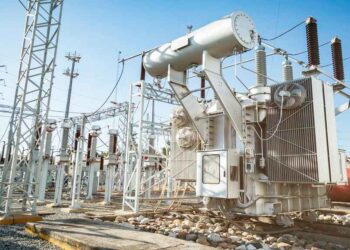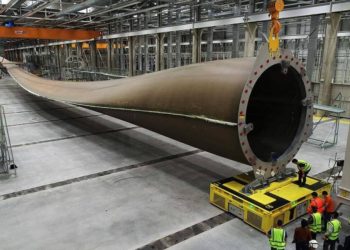COP27 has seen nine new countries including Belgium, Colombia, Germany, Ireland, Japan, the Netherlands, Norway, the UK, the US join the Global Offshore Wind Alliance (GOWA), pledging to a rapid ramp up of offshore wind in order to tackle the climate and energy security crises.
The alliance, initiated by the International Renewable Energy Agency (IRENA), Denmark and the Global Wind Energy Council, will bring together governments, the private sector, international organisations and other stakeholders to accelerate the deployment of offshore wind power.
Countries joining GOWA have agreed to work together to drive national, regional, and global ambitions and remove barriers to the deployment of offshore wind in new and existing markets. Offshore wind can be deployed at large scale, in short timeframes and at competitive cost – it is a fast and viable route to closing the growing gap between renewable energy targets and current rates of implementation.
Both IRENA and the International Energy Agency (IEA) expect that offshore wind capacity will need to exceed 2000 GW in 2050, from just over 60 GW today, to limit the rise in global temperatures to 1.5 degree Celsius and achieve net zero. To reach this target, GOWA will aim to contribute to accelerating growth to reach a total of at least 380 GW installed capacity by the end of 2030.
Francesco la Camera, Director General, International Renewable Energy Agency said: “Offshore wind represents a unique opportunity for countries to add huge volumes of new zero-carbon power generation, increase their climate ambition and ratchet up their NDCs. Offshore wind is more than competitive with fossil fuel generation, and can also provide a massive boost to investment and job creation.”










































